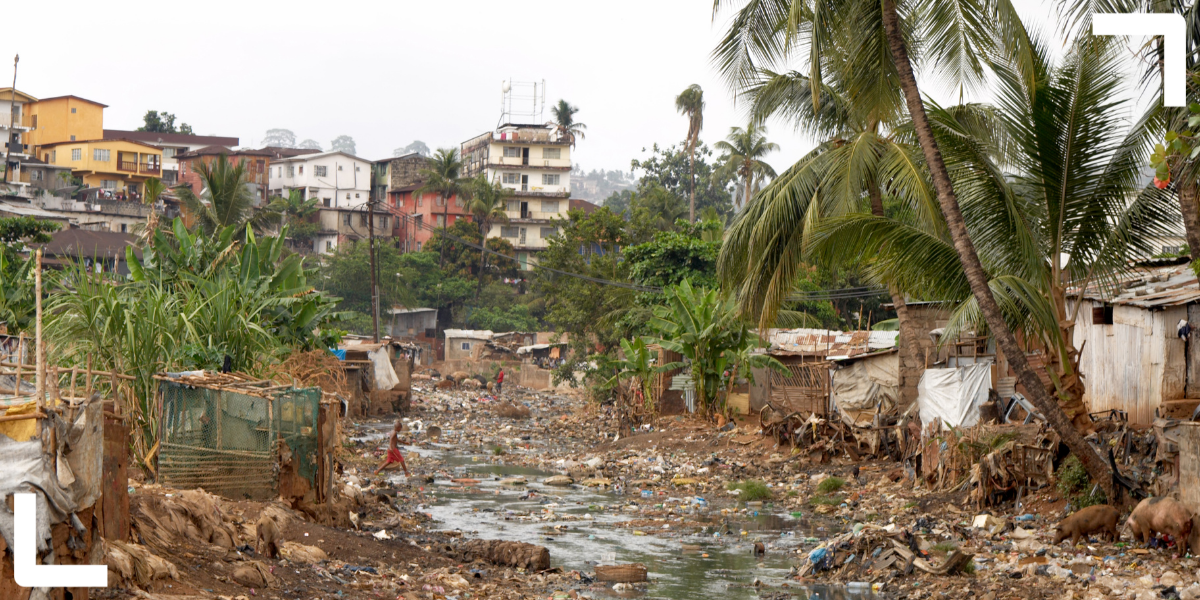By Hannah van Rooyen, African Cities Research Consortium digital communications officer
With 68% of the global population projected to live in urban areas by 2050, efforts to address the risks posed by the climate crisis need to consider the realities of the billions across the world living in these built-up areas.
This marked urbanisation will see an expected increase of 2.5 billion people living in urban areas, with around 90% of this growth happening in Africa and Asia – a subject we have explored previously on our blog.
City-level climate adaptation, urban climate justice and other intersecting topics formed the basis of a number of discussions at COP26 and in events running parallel to the global conference.
David Dodman – director of the human settlements research group at the International Institute for Environment and Development (IIED) – attended COP26 and participated in multiple official and side events. We caught up with him to hear his thoughts on the urban agenda at COP26, what can be done at the city level to create large-scale impact, and what he hopes to see at COP27 in Egypt next year.
Urban highlights from COP26
- Addressing urban informality and inequality through climate justice was the focus of a panel event that David Dodman participated in alongside Rose Molokoane from Slum Dwellers International (SDI), FCDO’s Rubbina Karruna and Yvonne Aki-Sawyerr, Mayor of Freetown, among others. The session was convened by the Commonwealth Local Government Forum (CLGF), Cities Alliance and UK Research and Innovation (UKRI). Watch it here.
- Advancing equity in cities was the topic of discussion for a World Resources Institute event, which focused on how to shape more equal cities through inclusive climate action and Covid-19 recovery. David Dodman and ODI’s Sarah Colenbrander took part, along with others from the international urban research community. Watch it here.
- The health-climate nexus was explored in a Resilience Hub discussion, hosted by Mott Macdonald and featuring speakers including IIED’s Alice Sverdlik and secretary general of the Zimbabwe Chamber of Informal Economy Associations (ZCIEA), Wisborn Malaya. The session is available to watch via the Resilience Hub virtual platform (registration required).
Photo credit: Abenaa / Getty Images. Kroo Bay is a coastal informal settlement in Freetown, Sierra Leone that is impacted by flooding.
Note: This article presents the views of the author featured and does not necessarily represent the views of the African Cities Research Consortium as a whole.
The African Cities blog is licensed under Creative Commons Attribution-NonCommercial-NoDerivatives 4.0 International (CC BY-NC-ND 4.0), which means you are welcome to repost this content as long as you provide full credit and a link to this original post.


